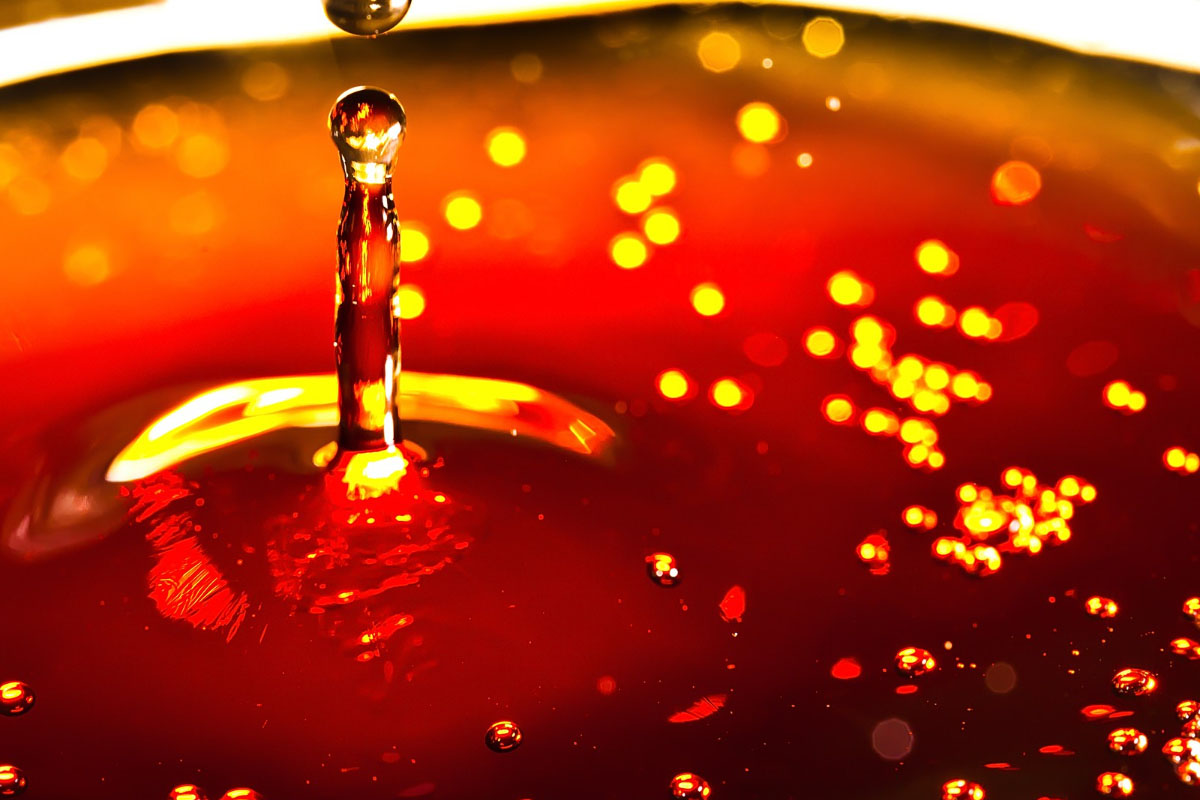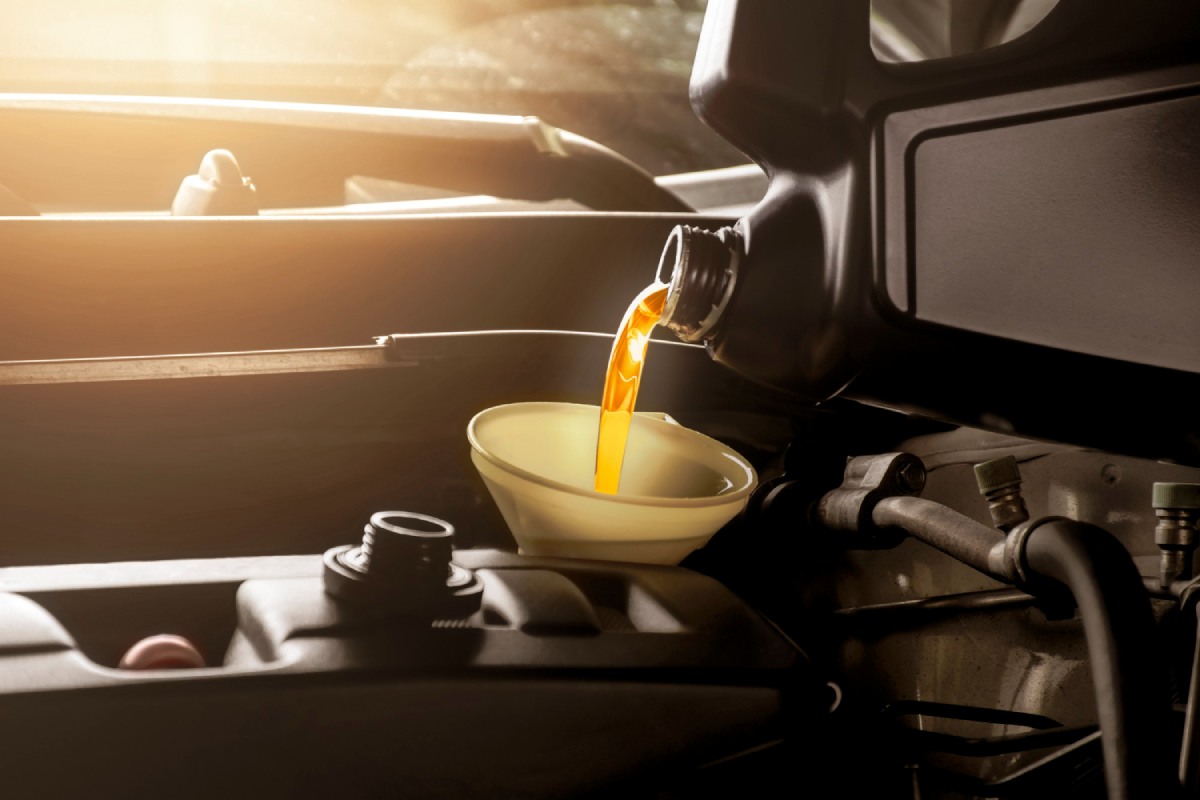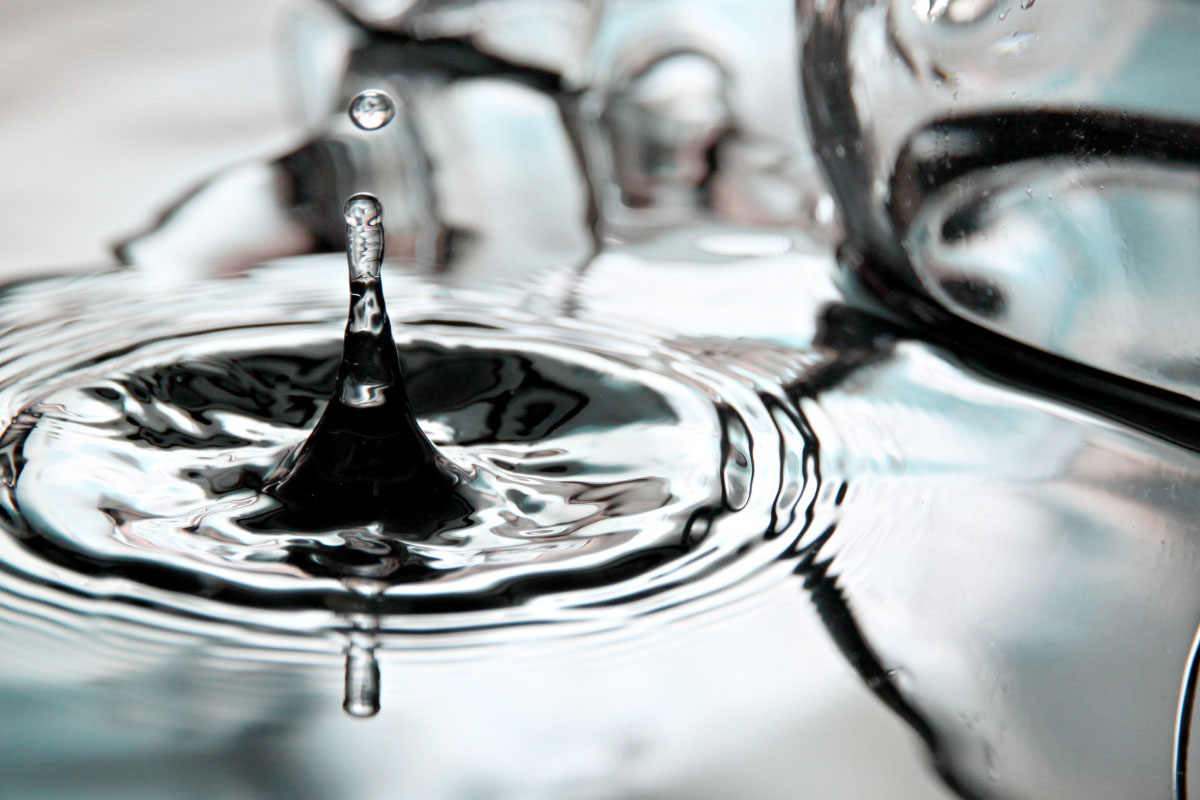Understanding the Importance of DEF and Why You Should Make Your Own DEF Fluid
Diesel Exhaust Fluid (DEF) is an essential component used in Selective Catalytic Reduction (SCR) systems to reduce harmful emissions from diesel engines. The proper use of DEF helps lower nitrogen oxide (NOx) emissions, ensuring compliance with environmental regulations.
If you want to make your own DEF fluid, you must follow strict guidelines to maintain the required 32.5% urea and 67.5% deionized water ratio. Incorrectly produced DEF can damage engines and fail to meet regulatory standards, making high-quality production essential.
Essential Ingredients to Make Your Own DEF Fluid
The main ingredients required to make your own DEF fluid are high-purity urea and deionized water. Using impure urea or regular tap water can introduce contaminants, leading to poor DEF performance and potential engine damage.
It is critical to source technical-grade urea with at least 99.6% purity. Additionally, deionized water must be free from minerals and impurities. Properly sourcing these materials ensures that your homemade DEF remains effective and safe for diesel engines.
The Equipment Needed to Make Your Own DEF Fluid
To successfully make your own DEF fluid, you need specialized equipment. The most important piece of equipment is a DEF production system that ensures precise blending of urea and water.
Filtration systems are also necessary to remove any unwanted particles. Proper storage tanks and sealed, non-metallic containers will help maintain DEF quality after production. Using the right equipment minimizes the risk of contamination and ensures a reliable DEF supply.

Step-by-Step Process to Make Your Own DEF Fluid
Following a precise process is essential to make your own DEF fluid correctly. Here are the steps to ensure high-quality production:
Measure 32.5% technical-grade urea and 67.5% deionized water.
Slowly dissolve the urea in the water while stirring constantly.
Use a filtration system to remove any particles or contaminants.
Store the DEF in sealed, non-metallic containers to prevent contamination.
Keep the stored DEF in a controlled environment, avoiding extreme temperatures and direct sunlight.
Following these steps ensures that your homemade DEF meets industry standards and functions properly in diesel engines.
Proper Storage and Handling After You Make Your Own DEF Fluid
After successfully producing DEF, proper storage is essential to maintain its quality. Exposure to heat, light, and contaminants can degrade DEF, making it ineffective for SCR systems.
When you make your own DEF fluid, always store it in sealed, UV-resistant plastic containers. Keep the storage area between 12°C and 25°C (55°F to 77°F) to prevent degradation. Regularly inspect stored DEF for contamination or crystallization.
Common Mistakes to Avoid When You Make Your Own DEF Fluid
Many people attempt to make your own DEF fluid without following proper guidelines, leading to poor-quality DEF. One of the most common mistakes is using tap water instead of deionized water, which introduces harmful minerals.
Another mistake is improper urea-to-water mixing ratios. Overly diluted or concentrated DEF can lead to system failures. Ensuring that all materials and processes meet ISO 22241 standards helps maintain DEF quality and prevents costly engine damage.

Advantages of Choosing to Make Your Own DEF Fluid
Choosing to make your own DEF fluid offers several benefits, including cost savings and a reliable DEF supply. Commercial DEF can be expensive, especially for large fleets, making in-house production a cost-effective solution.
Additionally, making your own DEF ensures consistent quality and prevents supply chain disruptions. By controlling the production process, businesses can maintain compliance with regulations while reducing operational costs.
Conclusion
Deciding to make your own DEF fluid can be a smart choice if done correctly. By sourcing high-purity materials, following precise mixing procedures, and storing DEF properly, you can produce high-quality DEF that meets industry standards. Proper production reduces costs, ensures engine protection, and helps meet environmental regulations. Following these best practices will ensure that your homemade DEF is safe, effective, and reliable.
Frequently Asked Questions
- Can I make my own DEF fluid at home?
- Yes, but you must follow strict guidelines and use high-purity urea and deionized water to ensure proper DEF quality.
- What is the correct ratio to make your own DEF fluid?
- The correct ratio is 32.5% high-purity urea and 67.5% deionized water.
- Why do I need deionized water to make DEF?
- Deionized water ensures that your DEF remains free from minerals and contaminants that could damage diesel engine SCR systems.
- Can I use tap water when I make my own DEF fluid?
- No, tap water contains impurities that can cause DEF to degrade and lead to SCR system malfunctions.
- How long does homemade DEF last?
- When stored properly in a sealed, non-metallic container, DEF has a shelf life of about one year.
- What happens if my DEF is contaminated?
- Contaminated DEF can cause serious damage to the SCR system, leading to increased emissions and costly engine repairs.
- How should I store DEF after I make it?
- Store DEF in a cool, dry place away from direct sunlight, and use sealed, UV-resistant plastic containers to prevent contamination.
- Can making my own DEF save money?
- Yes, producing DEF in-house can significantly reduce costs, especially for businesses that require large quantities.
- Is homemade DEF as good as commercially produced DEF?
- If made using high-quality ingredients and the correct process, homemade DEF can be just as effective as commercial DEF.
- What are the risks of making DEF incorrectly?
- If the DEF ratio is incorrect or if contamination occurs, the SCR system can fail, leading to high repair costs and non-compliance with emissions regulations.

